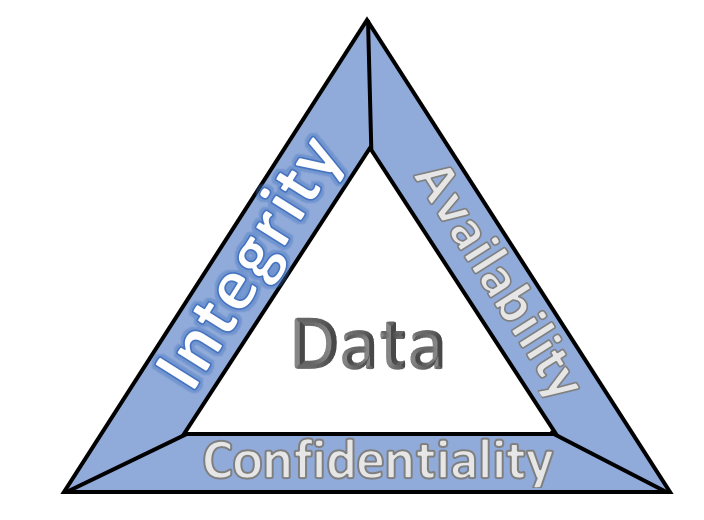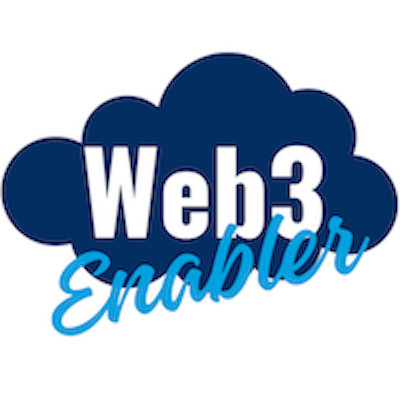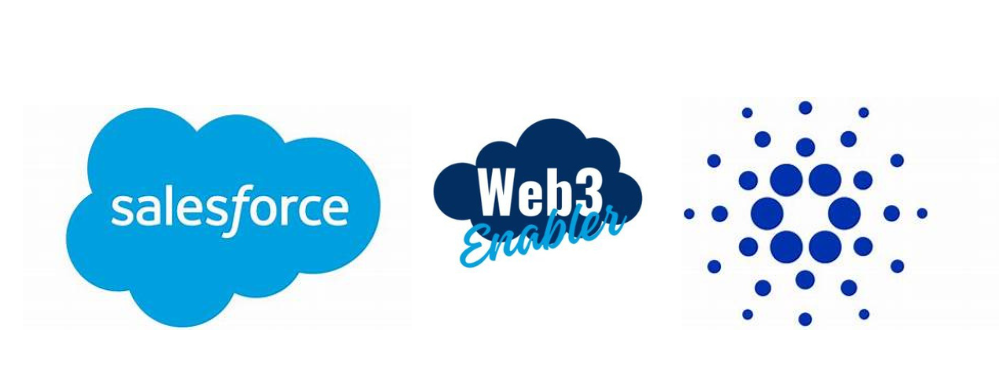At Web3 Enabler, we are proud to pioneer a new standard for enterprise security by integrating decentralized IT infrastructure into the Salesforce ecosystem. As more organizations recognize the vulnerabilities of centralized systems, we believe the future of secure enterprise operations lies in blockchain-powered architecture.
Recently, I had the privilege of exploring this topic in depth with information security expert Antara Mane during a special episode of the Real World Blockchain Podcast. Our conversation shed light on the transformative role decentralized technologies like Filecoin can play in reshaping how businesses think about data integrity, confidentiality, and resilience.
IT Challenges That Web3 Can Solve
Today’s enterprise IT teams face mounting challenges: centralized cloud providers are single points of failure, data breaches are increasingly sophisticated, and system-wide outages can occur without warning. The traditional IT security stack, while mature, often lacks the distributed robustness that blockchain infrastructure can provide.
In our podcast episode, Antara Mane highlighted several game-changing features that Web3 technologies bring to the table—especially from a data security and infrastructure reliability perspective:
- Decentralized storage removes dependency on centralized cloud vendors, reducing risk from misconfigurations, access breaches, or commercial service failures. With solutions like Filecoin, data is stored across a distributed network, reducing the attack surface and enhancing uptime.
- Self-owned identity and encryption: Users can encrypt their data independently, using private keys they control. This ensures that no third party—not even the infrastructure provider—can access sensitive content without permission, improving data integrity and confidentiality.

A Real-World Incident Underscores the Risk
To underscore the relevance of these benefits, we discussed a timely example: On Friday, May 23, the Open Science Foundation (OSF) suffered a major outage due to a cloud misconfiguration by its provider, Google Cloud Platform (GCP). An update on GCP conflicted with OSF’s service versions, leading to a corruption of their core database.
This disruption wasn’t just technical—it impacted research projects and scientific collaboration worldwide, illustrating the real-world risks of relying solely on centralized service providers for mission-critical data infrastructure. Events like this reinforce the need for decentralized solutions that minimize reliance on any single point of failure.
Decentralized IT Security in Salesforce with Web3 Enabler
At Web3 Enabler, we’re translating these Web3 principles into real enterprise value by bringing decentralized IT security features directly into Salesforce—the world’s most widely used CRM platform.
As part of our broader product roadmap, we are:
- Embedding decentralized storage options for sensitive CRM records, giving enterprises the ability to choose where and how their data is stored.
- Exploring identity-based encryption and access control models tied to blockchain credentials, enabling zero-trust security within Salesforce workflows.
- Offering plug-and-play integration with Web3 tools like Filecoin, IPFS, and decentralized identity providers.
These innovations are designed to work seamlessly with existing Salesforce configurations, allowing businesses to enhance data security without disrupting their operations.
The Vision: Simple, Secure Enterprise Blockchain Adoption
As our CEO Alex Hochberger explains in our whitepaper, the integration of decentralized infrastructure is not just a technological upgrade—it’s a strategic safeguard against future risks. From protecting sensitive customer data to enabling disaster recovery through decentralized backups, our tools help Salesforce users take advantage of blockchain-level security without complexity.
We’re proud to lead the charge in bridging Web2 and Web3, and we believe decentralized IT security should become a core pillar of enterprise resilience strategies going forward.







